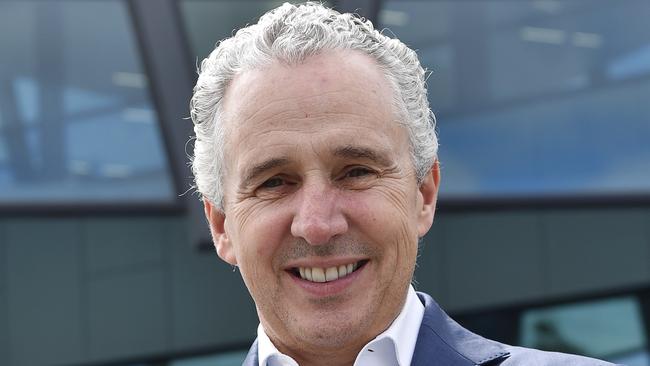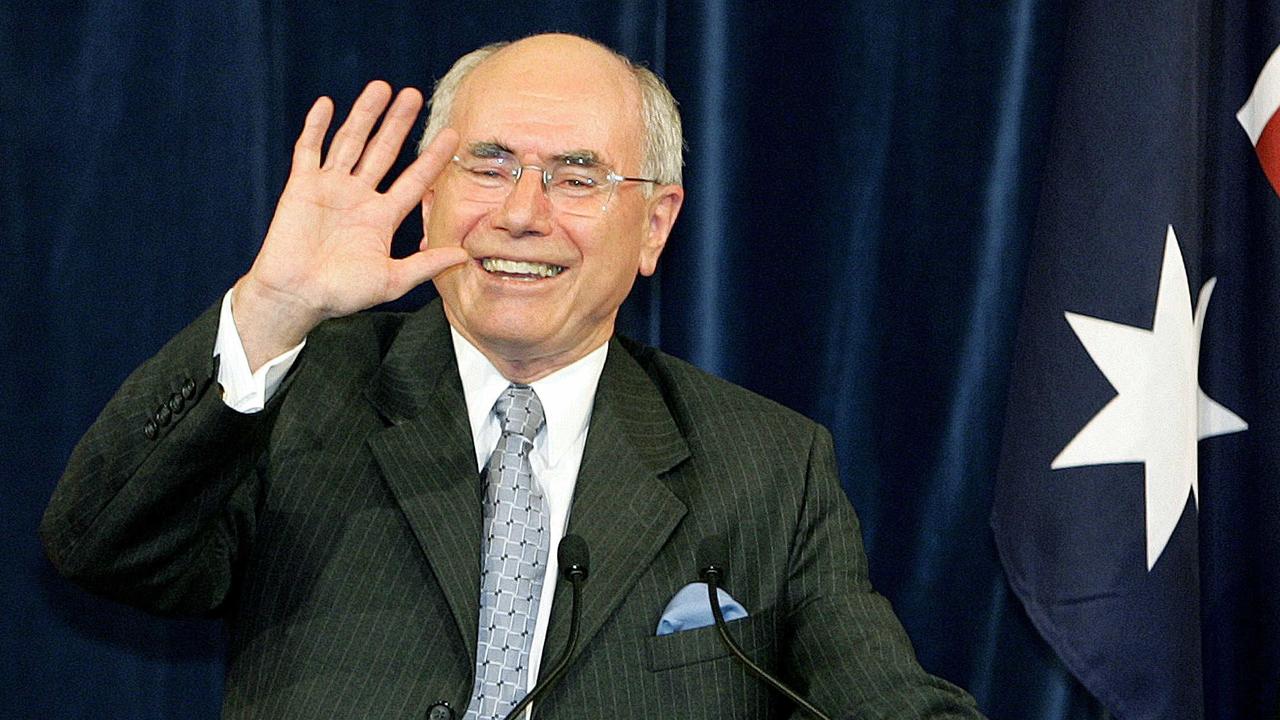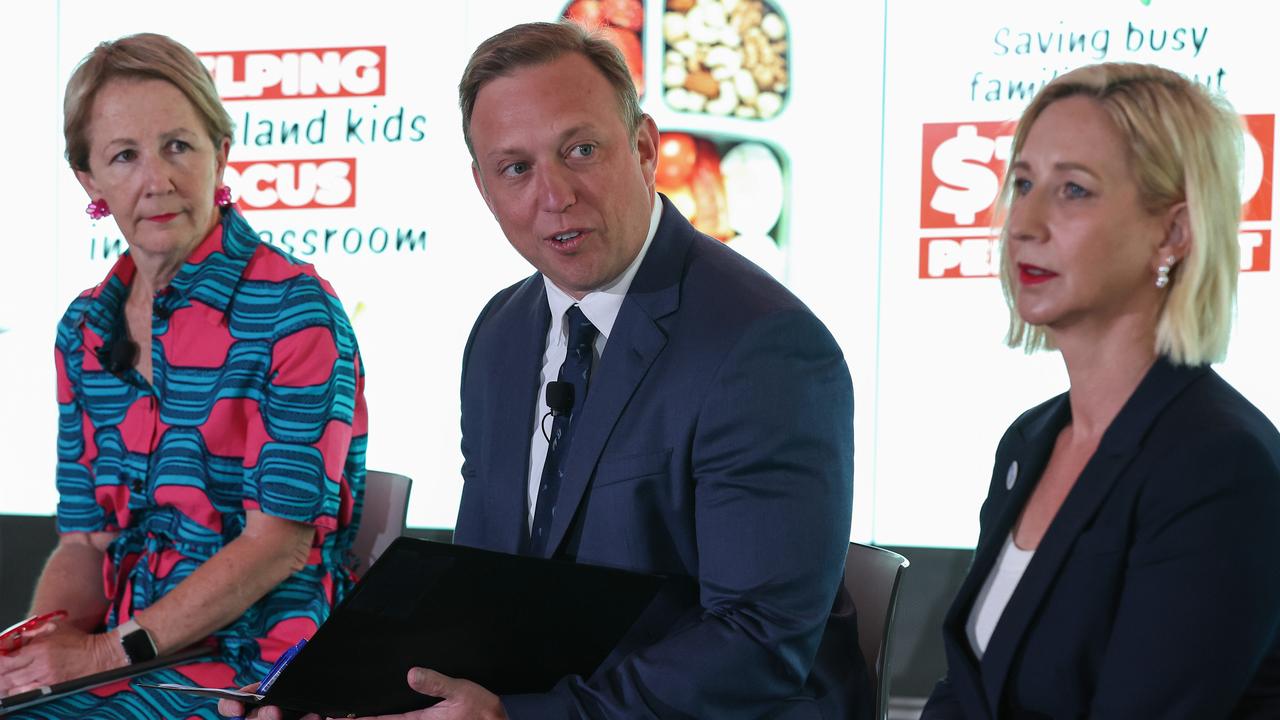BCA digital economy plan would ‘save $210bn’
The Business Council of Australia has released a digital economy plan which they say would save Australians $210bn over 20 years.

The Business Council of Australia has released a digital economy plan which they say would save Australians $210bn over 20 years, as Josh Frydenberg finalises a budget underpinned by a dramatic scaling-up of support to accelerate the digital economy and making the skills system fit-for-purpose.
The BCA proposal, led by Telstra chief executive Andy Penn and supported by new EY research, recommends that digital services be included in a 20 per cent investment allowance for all businesses and for the provision of tax incentives and grants worth up to $10,000 allowing SMEs to invest in digital skills training, cyber security and e-invoicing.
It also endorses setting minimum digital literacy standards for school students, introducing digital micro-apprenticeships focused on short-term courses with work placements, cutting red tape to support the move to a “cashless, paperless and virtual society” and appointing a dedicated digital economy minister inside cabinet.
Mr Penn said Scott Morrison had set a goal for Australia to be a leading digital economy by 2030, which the government was backing with its $800m Digital Business Plan.
Previous research commissioned by Telstra showed that increased rates of digitisation would create 250,000 new jobs in five years.
“If we are bold and if we act now it will shape our economy, our society and our future for the benefit of all Australians,” Mr Penn said.
“It is critical that as a nation we continue to build on this momentum to drive connectivity, productivity and efficiency and — importantly — create a new wave of much-needed employment.
“We can’t afford to miss this opportunity for far-reaching reform and the once-in-a-generation chance to create and accelerate a powerful digital economy in Australia.”
In an overnight speech to the G7 Digital and Technology Ministerial Track, Digital Economy Minister Jane Hume said Australia was putting in place “proper regulatory controls and support systems … to mitigate risk and allow Australians to confidently take advantage of the benefits which the digital economy can provide”.
Senator Hume said the work being done by G7 nations was also “central to Australia’s long-term goal to be a world leading digital economy by 2030”.
“The agenda proposed today also seeks to achieve that same digitally enabled resilience, but on a global scale,” Senator Hume said.
“It champions the development and use of innovative and leading technologies, but in a way that promotes equality, is sustainable, and reflects our collective open democratic values.”
BCA president Tim Reed, a former MYOB chief executive, said keeping costs down for businesses and getting the skills system right were crucial in taking advantage of “jobs in new and developing industries”.
“We’ll need the best skilled workers in the world to take advantage of new jobs in new and developing industries,” Mr Reed said.
“Action should also include a 20 per cent digital investment allowance that makes investing in new technology easier for businesses across the whole economy.
“The slow drift away from cash and paper before COVID-19 became a stampede during the pandemic, now we’ve got to build on the momentum to make lives easier and position ourselves for the future.”
Mr Frydenberg on Thursday said Australia’s economy would look different post-COVID, with more people living in the regions, shopping online and working from home.
Mr Frydenberg said the key to increasing productivity growth would be guided by budget measures supporting the digital economy, infrastructure, skills and training.
The EY research was based on analysis of gains achievable via regulatory reform, tax and investment incentives and upskilling the workforce.



